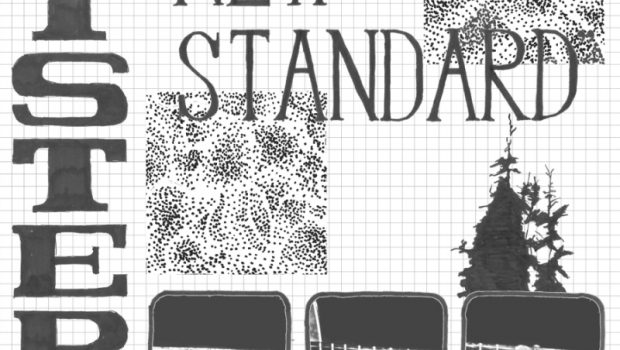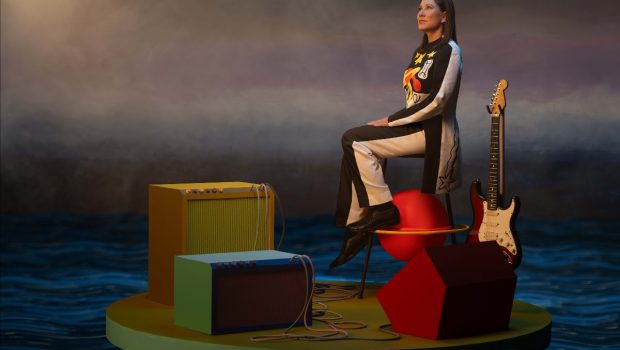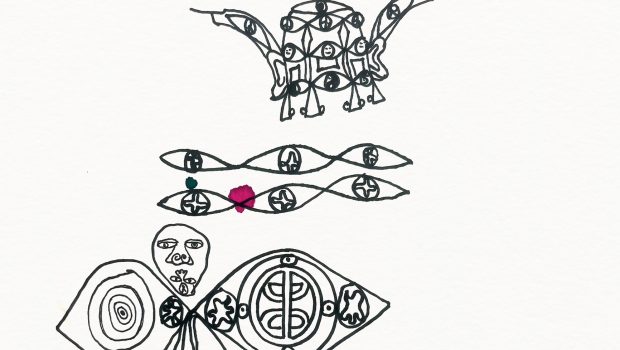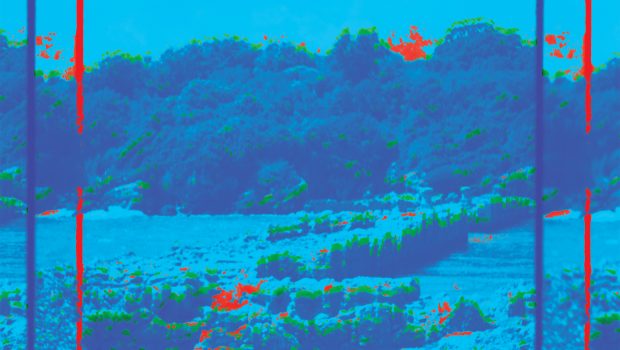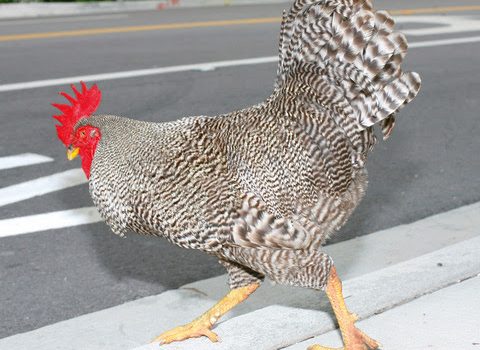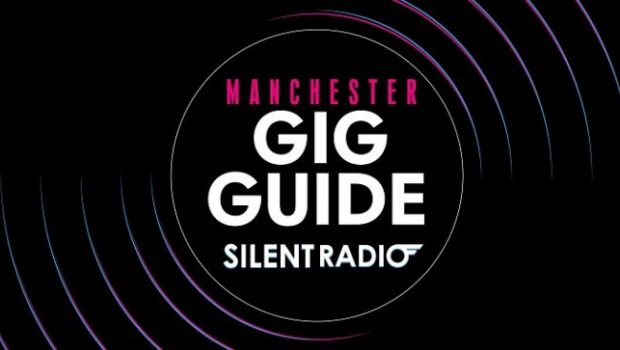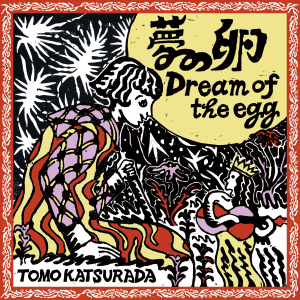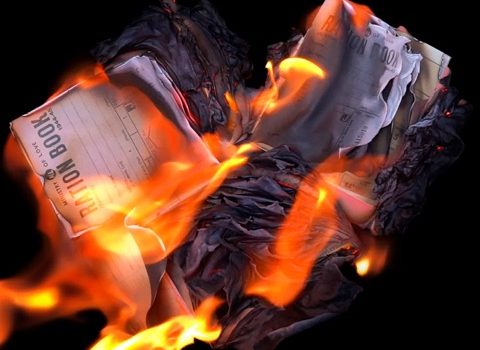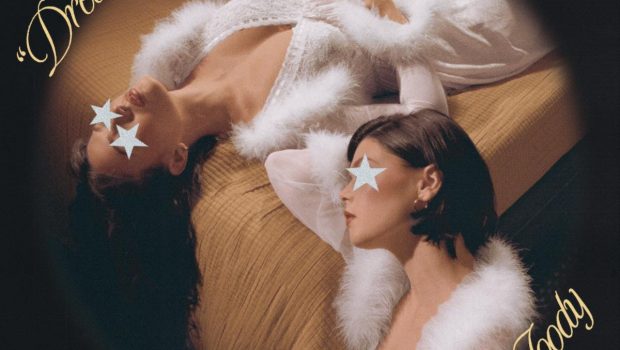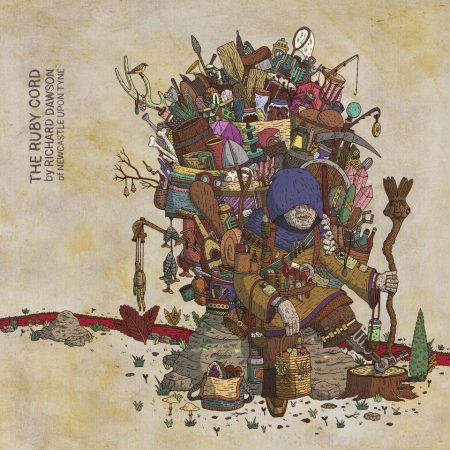 The Ruby Cord’ is the final part of a trilogy that started with ‘Peasant’ which was set in medieval times and was followed by the social realism of ‘2020’, an album that saw Richard Dawson hone his idiosyncrasies into a more traditional song format. ‘The Ruby Cord’ is more impressionistic and open-ended, exploring the idea of virtual reality fantasy worlds and set in a troubling future where social mores have mutated and living conditions are reminiscent of the ancient past.
The Ruby Cord’ is the final part of a trilogy that started with ‘Peasant’ which was set in medieval times and was followed by the social realism of ‘2020’, an album that saw Richard Dawson hone his idiosyncrasies into a more traditional song format. ‘The Ruby Cord’ is more impressionistic and open-ended, exploring the idea of virtual reality fantasy worlds and set in a troubling future where social mores have mutated and living conditions are reminiscent of the ancient past.
Far from starting with a bang, the softly brushed drums, violin creeks and ambling guitar that constitute the first quarter of the 41 minute long ‘The Hermit’ could be a post-rock band tuning up in rehearsal but might also suggest the hermit cautiously emerging from his makeshift shelter. Its restraint is in stark contrast to earlier Dawson frenetic, toppling over the edge epics like ‘The Vile Stuff’ from 2014’s ‘Nothing Important’ where he resembled Brian Blessed fronting The Magic Band. However, it blossoms into a sequence of lovely passages as Rhodri Davies’ harp joins the fray, then guitars gain dynamism, blending flagrantly with Angharad Davies’ violin. Dawson’s voice is often more reflective, especially in unaccompanied sections, but sometimes displays his charming characteristic of flying at a higher altitude than is natural.
With its mentions of redcurrants, bilberries and basket weaving, there is the sense of foraging and older survival methods to ‘The Hermit’ while ‘Thicker Than Water’ references going over the dual carriageway having not seen a single living creature for days besides a pair of sparring magpies. While there is a blurring between what is real and what the characters perceive through versions of virtual reality, there is an apocalyptic sense to the storytelling. ‘Museum’ with its ornate harp accompaniment is set a dozen centuries after humans became extinct and puts contemporary behaviours long since forgotten into a futuristic setting (“scared young soldiers wielding guns/ shoppers idly flicking through clothes…throngs of cheering football fans/ a doctor crying along/ riot police beating climate protesters…distant memories”) to illustrate why the future may not be glittering. The presence of harp, combined with the open-ended nature of the songs, how they twist and contort, avoiding traditional verse/chorus structures is surprisingly reminiscent of Joanna Newsom.
‘The Fool’ leaps in with a bombastic prog introduction, making it the closest companion to his collaboration with Circle on 2021’s ‘Henki’. The entertaining tug of war between kitchen sink and all other utilities passages and gorgeous pastoral sections find a glorious compromise in an orchestral swell and the “Love is all” refrain.
In its references to glitches and simulacrum, there is a sense of fantasy worlds to ‘The Tip of an Arrow’ as galloping guitar riffs mingle with the harp and possibly computer games in the background, then the simultaneously heart-breaking and puzzling revelation, “It’s the first time a child of mine/ Has grown past the age of ten/ Making me the younger one.”
While ‘No-one’ is a short instrumental piece with the wind whistling, chimes of doom and an end of times bleakness, there is a whiff of eggnog and mistletoe to ‘Horse and Rider’, a festive sounding non-Christmas song, rousing, heart-warming with a violin-led folk melody.
Most artists have a career trajectory where their releases become smoother and more easily accessible. While brave can be a euphemism for unlistenable, it would be fairer to recognise ‘The Ruby Cord’ as daring in trusting its audience to make the time and effort to unwrap its abundant charms.
Richard Dawson: The Ruby Cord – Out 18th November 2022 (Weird World)



